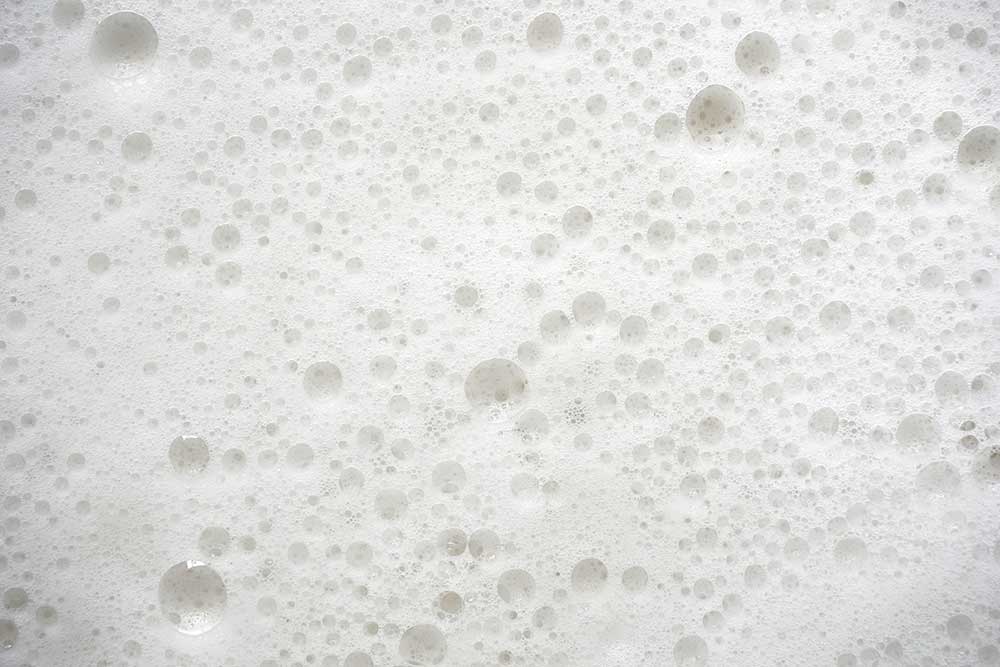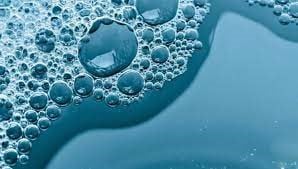Defoamers: Essential Tools for Enhancing Efficiency in Cleaning Products
Defoamers: Essential Tools for Enhancing Efficiency in Cleaning Products
Blog Article
The Duty of Defoamers in Enhancing Product High Quality and Performance
Defoamers offer as essential additives that mitigate this issue, making certain smoother production operations while improving the practical and aesthetic qualities of the last items. The selection of the proper defoamer can be crucial to attaining optimal results, raising important inquiries regarding solution compatibility and performance metrics that merit further expedition.
Understanding Defoamers
Comprehending the role of defoamers is crucial for keeping product high quality throughout various industries. Defoamers are chemical additives made to decrease and avoid the development of foam in fluid systems, which can detrimentally impact procedures such as blending, loading, and surface tension. Foaming can bring about ineffectiveness, product problems, and jeopardized aesthetic charm, making defoamers an essential component in manufacturing procedures.
In commercial applications, defoamers aid to improve item uniformity and stability. In the paint and layers market, foam can interfere with the application procedure and the last finish. In food and drink manufacturing, too much foam can prevent bottling and packaging effectiveness. The efficient use defoamers not only guarantees smoother manufacturing processes however also adds to premium product performance.
Moreover, the choice and formulation of a defoamer should straighten with specific application requirements, such as compatibility with other active ingredients, effectiveness under differing temperature level and pH problems, and potential governing restrictions. Inevitably, understanding defoamers' features and their significance in numerous solutions is important for optimizing production and ensuring the best final product.
Kinds of Defoamers
Defoamers can be categorized right into a number of types based on their composition and device of action. The main kinds consist of silicone-based, non-silicone natural, and not natural defoamers.
Silicone-based defoamers are among the most efficient, mainly because of their ability to spread quickly on the fluid surface and disrupt foam formation. Their special chemical structure enables superior stability, making them appropriate for high-temperature applications and environments with varying pH degrees.
Non-silicone natural defoamers, often composed of fatty acids or natural oils, are valued for their biodegradability and reduced toxicity. These are typically made use of in food and beverage applications where safety and security and environmental influence are critical.
Inorganic defoamers, that include substances like talc or calcium carbonate, act by boosting the density of the fluid, thus lowering foam security. They are typically used in commercial processes where compatibility with other products is not a problem.
Each sort of defoamer has distinct benefits and restrictions, enabling for customized solutions relying on the certain frothing concerns encountered in different applications. Recognizing these distinctions is critical for maximizing efficiency and attaining preferred item high quality.
Applications Across Industries
Countless sectors utilize defoamers to enhance item high quality and functional performance. In the food and beverage industry, defoamers are crucial in procedures such as brewing and dairy products manufacturing to protect against foam development, which can bring about inefficiencies and item incongruity. By managing foam, suppliers can make certain far better yield and a much more consistent item.
In the pharmaceutical sector, defoamers play an important function in the solution of fluid medicines, where too much foam can hinder blending and exact application. Their usage helps keep the honesty of the formulas and assists in smoother production processes.
The paint and finishings industry also relies upon defoamers to boost the performance of products throughout application. By decreasing foam, these additives make sure a smoother surface and boost the aesthetic qualities of the end product.

Benefits of Making Use Of Defoamers
While the application of defoamers Recommended Site differs across markets, their advantages consistently boost item high quality and process performance. One significant benefit is the decrease of foam formation throughout manufacturing processes, which can or else result in production hold-ups and disparities in product quality. By lessening foam, defoamers allow a smoother circulation of materials, assisting in extra efficient procedures and lowering the likelihood of tools malfunctions.
Furthermore, making use of defoamers can boost the look and appearance of last products. In fields such as finishings, paints, and food handling, excessive foam can compromise the visual aesthetics and general high quality, while the ideal defoamer application guarantees an uniform coating and preferable features. Moreover, defoamers can contribute to cost savings by lowering waste during manufacturing and optimizing the use of resources (defoamers).

Selecting the Right Defoamer
Selecting the ideal defoamer is critical for enhancing production processes and making certain item top quality. The option of defoamer influences not only the efficiency of foam control but additionally the total efficiency qualities of the final item. Elements to take into consideration consist of the kind of application, the chemistry of the formulation, and the ecological conditions under which the product will certainly be utilized.
Various industries may require certain defoamer types, such as silicone-based, organic, or polymeric defoamers. Understanding the compatibility of the defoamer with the primary active ingredients is necessary to prevent adverse responses that could endanger item integrity. Additionally, the defoamer's performance in different temperatures and pH levels have to be reviewed to guarantee consistent performance.
Evaluating the defoamer in small applications can supply beneficial understandings into its performance and viability. Factor to consider of regulative conformity, particularly in food, pharmaceuticals, and cosmetics, is extremely important in choosing a defoamer. Inevitably, an extensive assessment of these elements will certainly cause the selection of a defoamer that not just controls foam successfully however also improves the quality and performance of the final item.
Verdict

In verdict, defoamers are vital additives that substantially improve item high quality and efficiency across different sectors. The tactical choice and application of use this link defoamers lead to cost financial savings, optimized source use, and increased client complete satisfaction.
Frothing can you could try these out lead to inadequacies, item flaws, and endangered visual allure, making defoamers an important part in making procedures.

Report this page